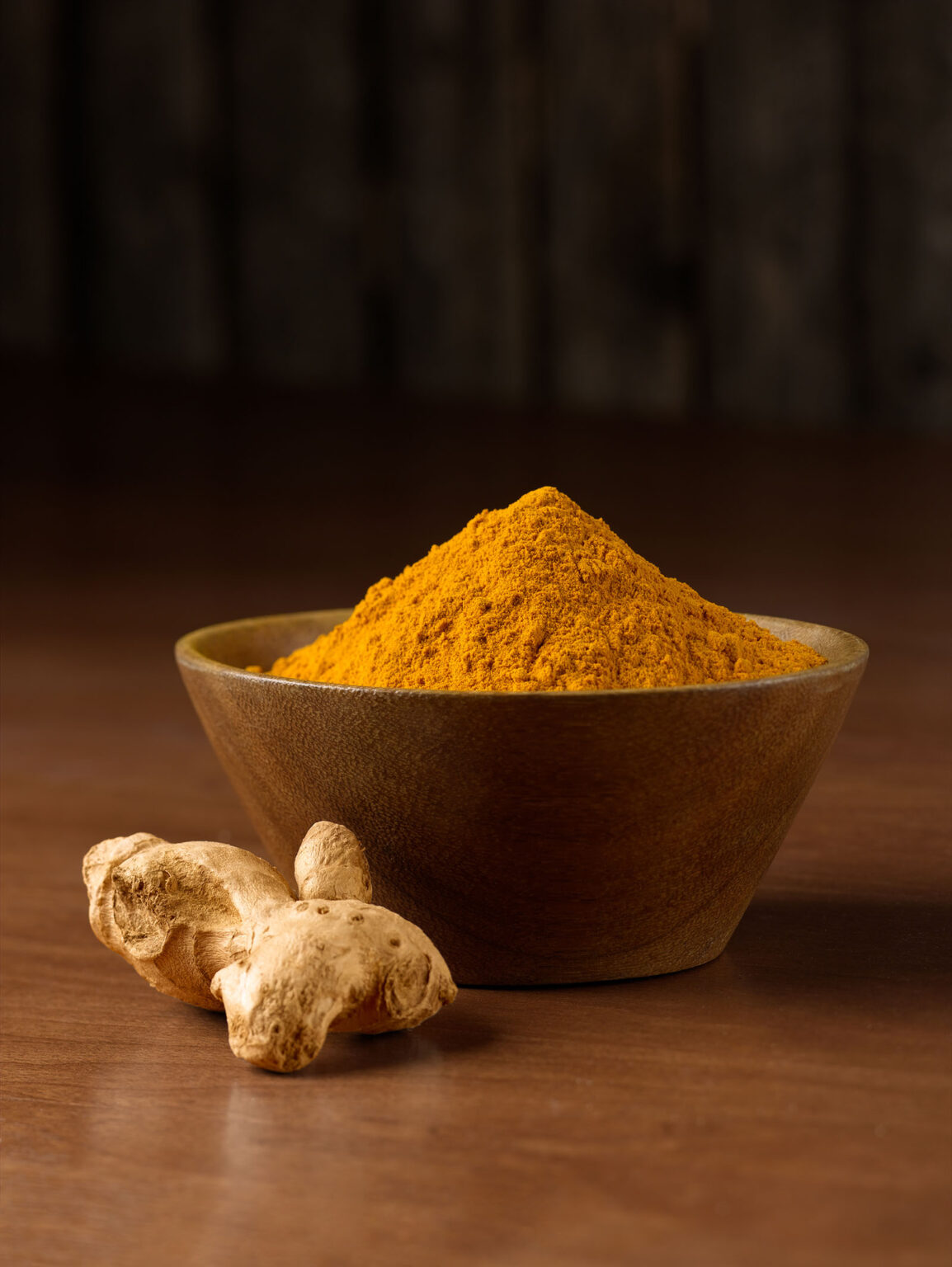12+ Natural Treatments For Psoriasis Relief

Psoriasis, a chronic autoimmune condition characterized by the rapid growth of skin cells, affects millions worldwide, leading to thick, scaly, red, and often painful patches on the skin. While conventional treatments can help manage symptoms, many people seek natural treatments for psoriasis relief, hoping to avoid the side effects associated with prolonged use of medications. Natural treatments can be an effective way to complement medical care, offering relief and improving the quality of life for those affected. Here, we’ll explore over a dozen natural treatments that have shown promise in providing relief from psoriasis symptoms.
1. Dietary Changes
Modifying your diet can significantly impact psoriasis symptoms. Many people find relief by adopting an anti-inflammatory diet rich in fruits, vegetables, and whole grains. Omega-3 fatty acids found in fatty fish, flaxseeds, and walnuts can help reduce inflammation. Avoiding trigger foods such as gluten, dairy, and processed foods, which can cause inflammation, is also beneficial.
2. Turmeric/Curcumin
Curcumin, a compound found in turmeric, has potent anti-inflammatory and antioxidant properties. It can help reduce inflammation and alleviate symptoms of psoriasis. Consuming curcumin supplements or adding turmeric to your meals can be beneficial.
3. Tea Tree Oil
Tea tree oil has antiseptic and anti-inflammatory properties, which can help soothe the skin and reduce inflammation. However, it should be used with caution and diluted with a carrier oil to avoid skin irritation.
4. Dead Sea Salts
Bathing in water enriched with Dead Sea salts can provide significant relief from psoriasis symptoms. The salts are rich in minerals such as magnesium, potassium, and sulfur, which can help reduce inflammation and improve skin health.
5. Aloe Vera
Aloe vera gel has been used for centuries to soothe skin irritations, including psoriasis. Its anti-inflammatory properties can help reduce redness and itching, promoting healing and providing comfort.
6. Probiotics
Maintaining a healthy gut microbiome is crucial for overall health, including skin health. Probiotics can help reduce inflammation and improve symptoms of psoriasis by promoting a balanced immune system.
7. Vitamin D
Vitamin D is essential for skin health, and research suggests that vitamin D deficiency may be linked to psoriasis. Spending time outdoors, consuming vitamin D-rich foods, or taking supplements can help improve skin health.
8. Apple Cider Vinegar
Apple cider vinegar has antibacterial and anti-inflammatory properties that can help soothe and calm the skin. It can be used as a topical treatment or consumed orally to aid digestion and reduce inflammation.
9. Epsom Salt Baths
Epsom salt baths can provide relief from psoriasis symptoms by reducing inflammation, relieving itchiness, and softening scales. The magnesium in Epsom salt can also help improve skin health.
10. Neem Oil
Neem oil, extracted from the seeds of the neem tree, has anti-inflammatory properties that can help soothe and calm the skin. It’s also known for its antifungal and antibacterial properties, making it beneficial for skin health.
11. Omega-3 Rich Foods
In addition to supplements, consuming foods rich in omega-3 fatty acids, such as salmon, sardines, and mackerel, can help reduce inflammation and improve heart health, which is often a concern for individuals with psoriasis.
12. Ginkgo Biloba
Ginkgo biloba is known for its anti-inflammatory properties and can help improve blood circulation, which may aid in reducing psoriasis symptoms. However, it should be used under the guidance of a healthcare professional due to potential interactions with other medications.
13. licorice Extract
Topical application of licorice extract has been shown to reduce inflammation and improve symptoms of psoriasis. Its anti-inflammatory compounds can help soothe the skin and reduce redness.
14. Capsaicin
Capsaicin, found in chili peppers, can help reduce pain and inflammation when applied topically. It works by blocking the production of a chemical called substance P, which transmits pain signals to the brain.
Implementing Natural Treatments
When incorporating natural treatments into your regimen, it’s essential to consult with a healthcare provider, especially if you’re currently undergoing medical treatment for psoriasis. Some natural remedies can interact with medications or have side effects, so monitoring your body’s response and adjusting your approach as needed is crucial.
Conclusion
Psoriasis is a complex condition that requires a holistic approach to management. While natural treatments can provide significant relief and improve the quality of life for those affected, they should be used in conjunction with, not in place of, medical care. By understanding the potential benefits and limitations of natural treatments and working closely with healthcare professionals, individuals with psoriasis can develop a comprehensive treatment plan that addresses their unique needs and promotes overall well-being.
FAQ Section
What are the first steps in managing psoriasis naturally?
+Starting with dietary changes, such as adopting an anti-inflammatory diet and staying hydrated, can be beneficial. Additionally, managing stress through techniques like meditation or yoga can help reduce flare-ups.
Can natural treatments completely cure psoriasis?
+While natural treatments can significantly improve symptoms and quality of life, psoriasis is a chronic condition, and complete cure is rarely achieved. Natural treatments are most effective when used in conjunction with medical care and under the guidance of a healthcare professional.
How long does it take to see results from natural psoriasis treatments?
+The time to see results can vary widely depending on the individual, the severity of their psoriasis, and the specific natural treatments they are using. Some people may notice improvements within a few weeks, while for others, it may take several months to see significant relief.
Are natural treatments for psoriasis safe for everyone?
+While natural treatments are generally considered safe, they can interact with medications or have side effects in certain individuals. It’s crucial to consult with a healthcare provider before starting any new treatments, especially if you have other health conditions, are pregnant, or breastfeeding.
Can children use natural treatments for psoriasis?
+Yes, many natural treatments can be adapted for use in children, but it’s essential to consult with a pediatrician or dermatologist first. Children’s skin and bodies are more sensitive, and some treatments may need to be diluted or used in smaller quantities.
How can I prevent psoriasis flare-ups naturally?
+Maintaining a healthy lifestyle, including a balanced diet, regular exercise, stress management, and avoiding known triggers, can help prevent flare-ups. Keeping the skin moisturized and protected from the sun is also important.


